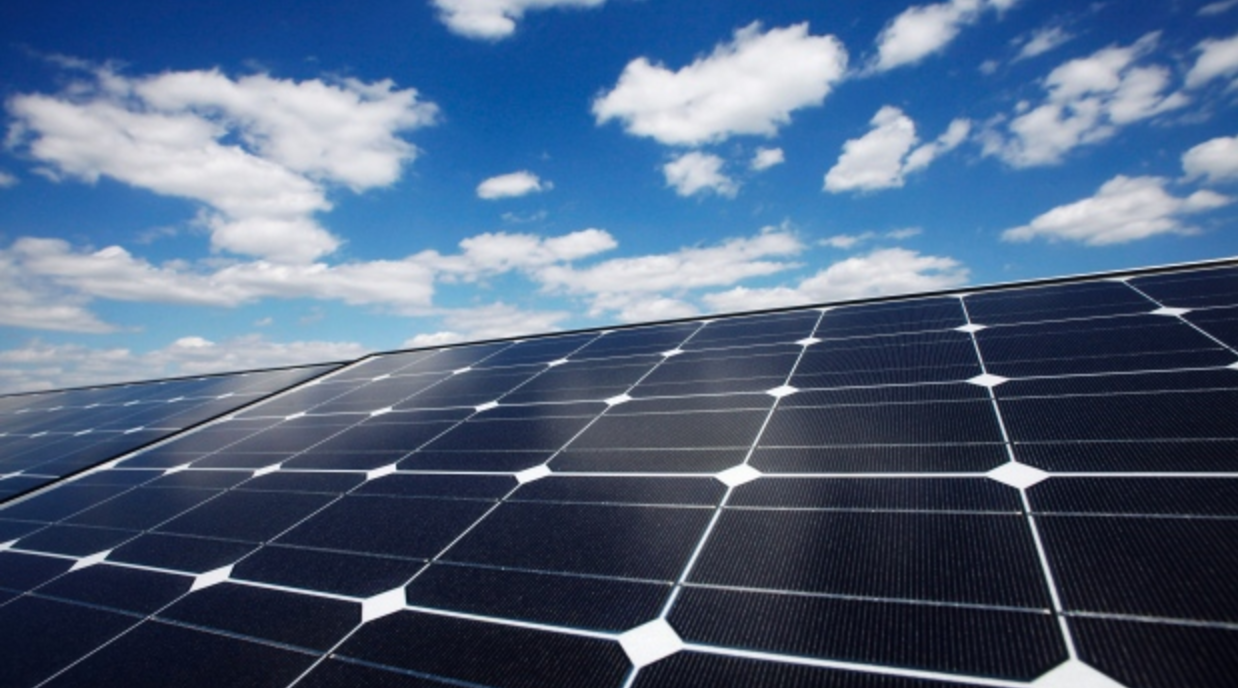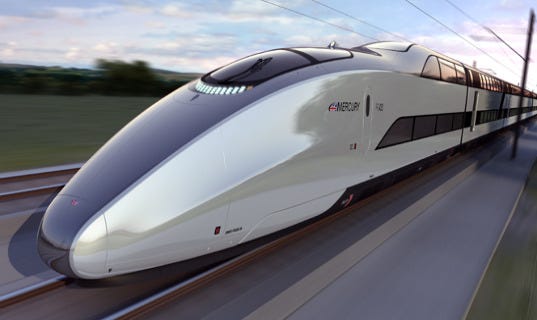Energy FUD
The 'high use of energy' for Bitcoin mining is one of the most popular arguments used by Bitcoin sceptics, as many people are very concerned about the environment today. Bitcoin mining - securing trillions of dollars of money transactions - seems to be so irrelevant compared to other energy consuming human activities like driving cars, using the air condition all day or fighting wars.
The good news is that since the bear market of 2018, Bitcoin mining has gradually shifted to use ~74-78% renewable energy. Also, mining is most economically done during times when generated energy would otherwise go wasted without being used (nighttime-produced electricity).




